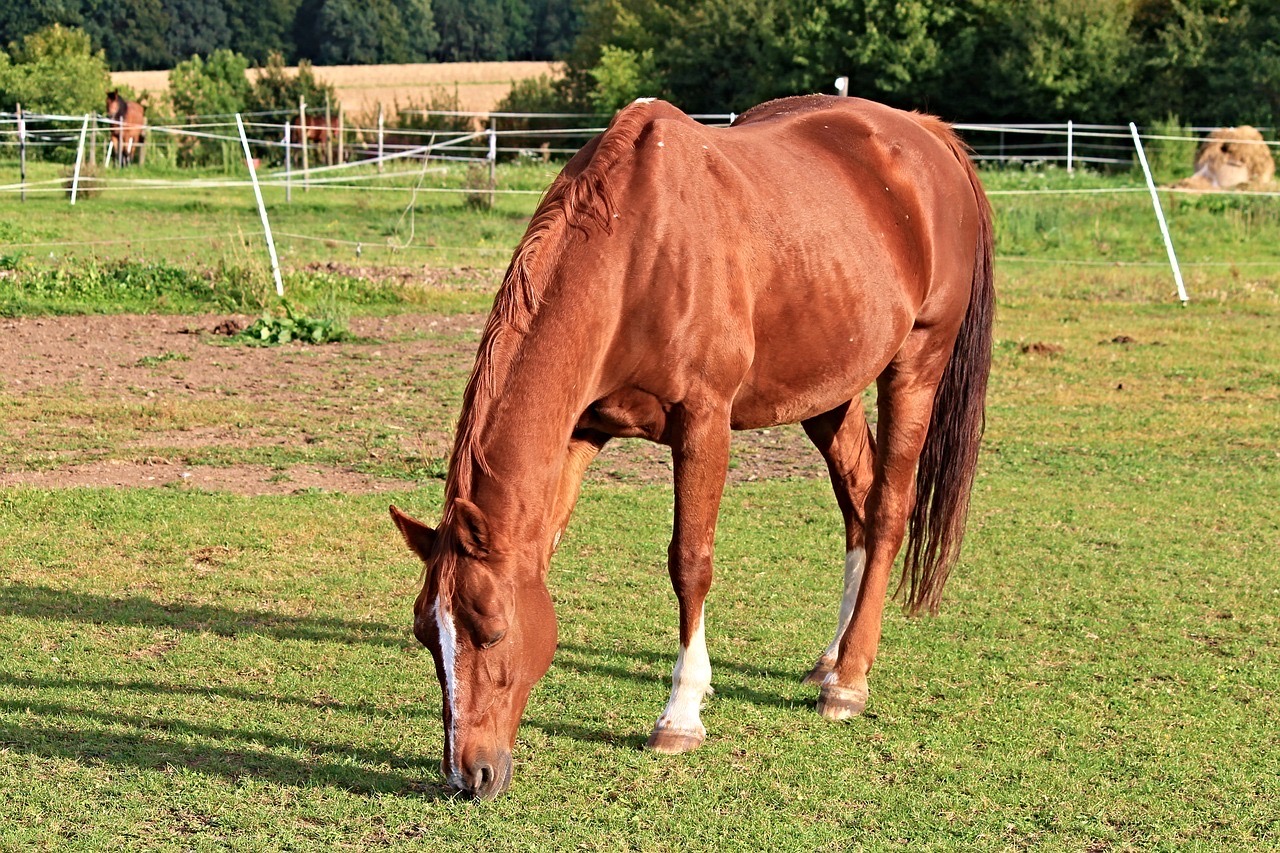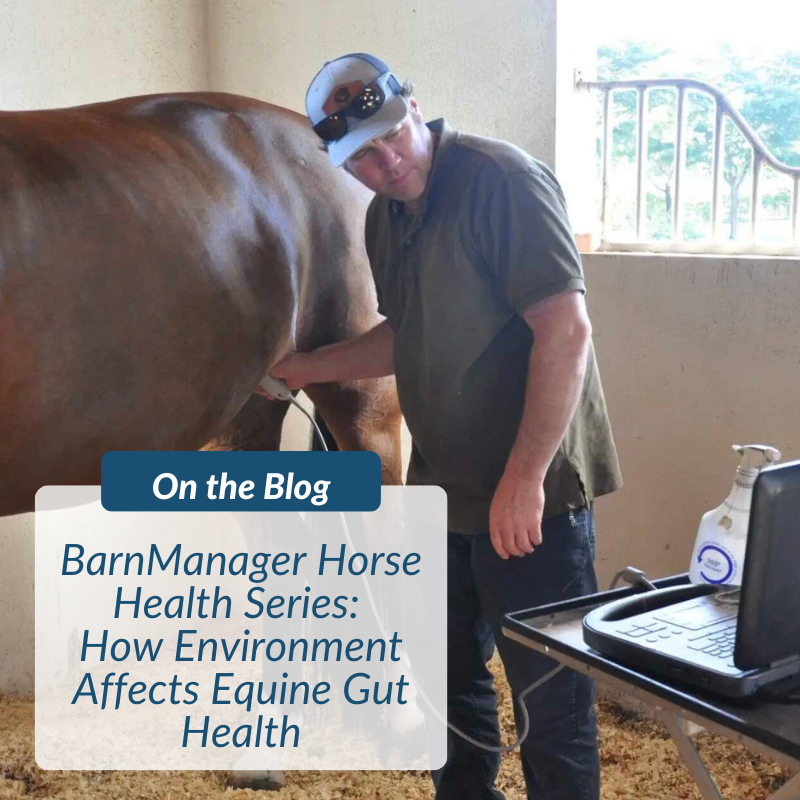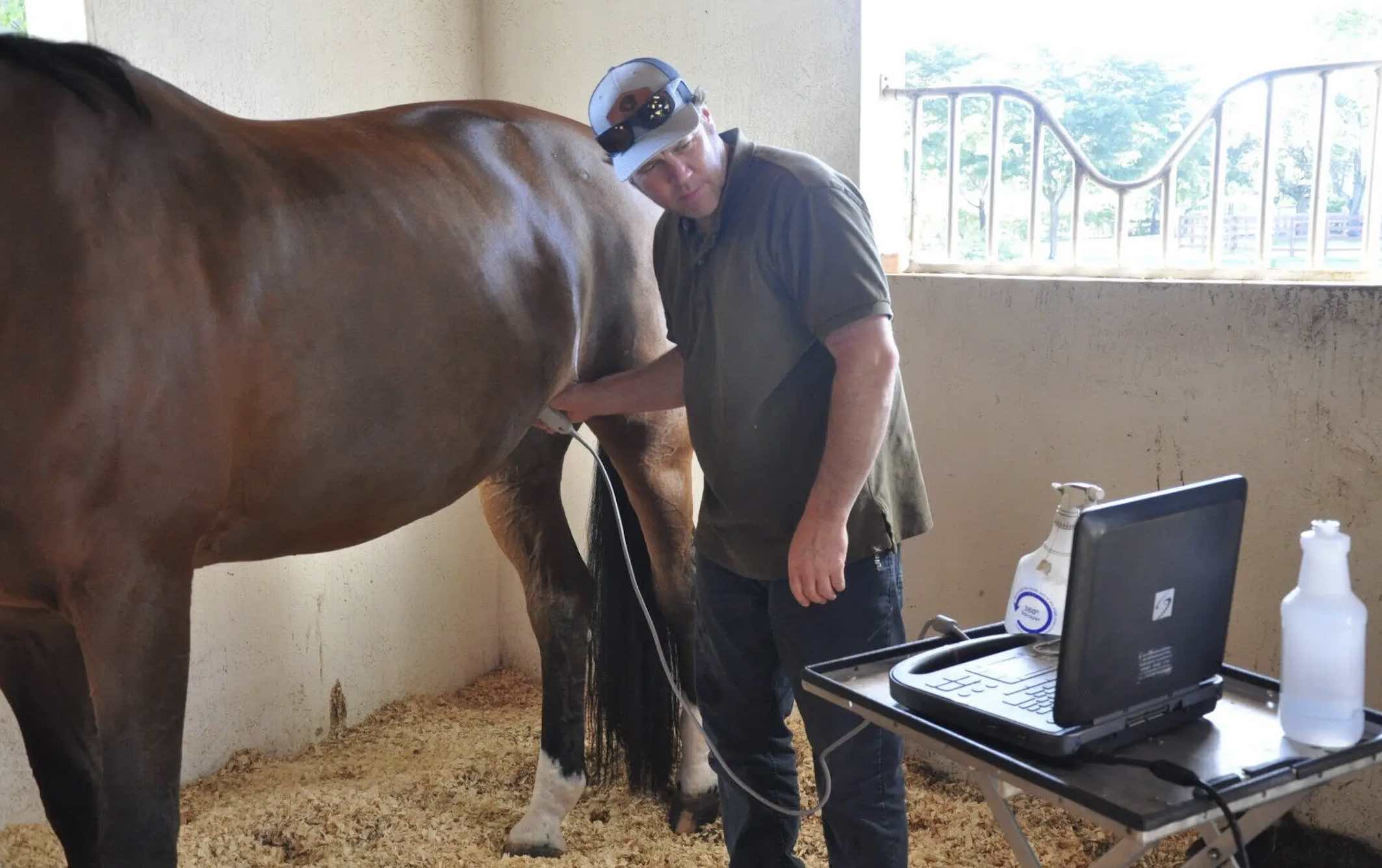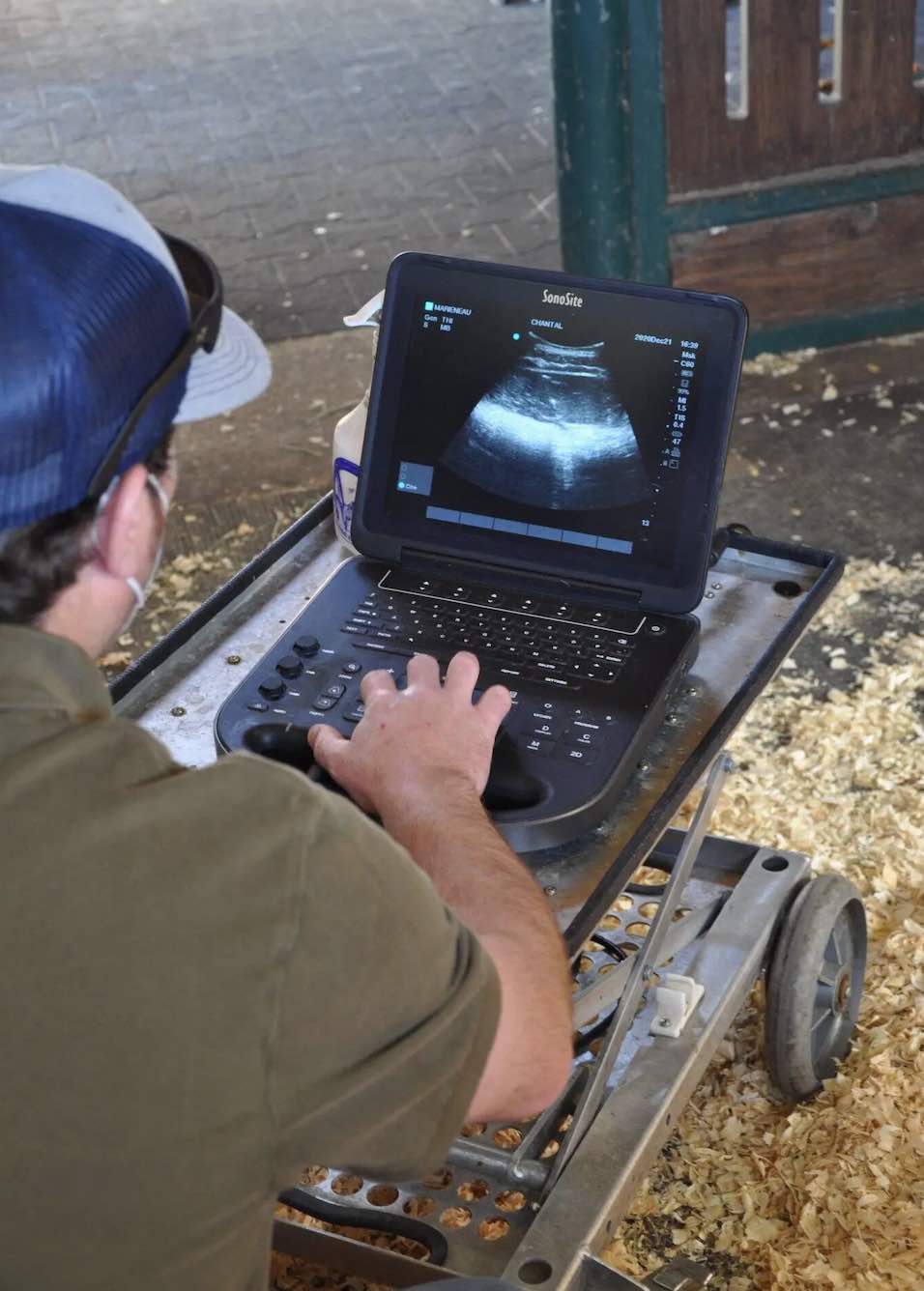From a veterinary perspective, horses can be considered “middle-aged” starting at age 13 years old and “seniors” by age 20. Although many sport horses may just be coming into their prime for training and competing during these years, horses show signs of aging at different rates just like humans do. As horses age some physiological functions start to decline, and they require extra care to maintain their overall health and condition.

Current advances in equine medicine enable horses to perform longer in their athletic careers than ever before. Palm Beach Equine Clinic in Wellington, FL, is experienced in helping senior sport horses stay comfortable and competitive. Together with proper veterinary care, educated owners can offer senior horses a happy and pain-free life as they age into their senior years. While many of the same health factors apply to horses of all ages, several considerations are highly relevant for seniors.
Read on for details and be sure to catch up on Part 1 of Caring for the Senior Sport Horse here.
Provide a Safe, Comfortable Environment
Making sure your aging horse has a well-bedded, sanitary space with an adequate amount of water and protection from the rain, snow, direct sun, and biting insects is essential to keeping them healthy. Additionally, middle-aged and senior horses can be more susceptible to respiratory irritants such as mold, fungus, dust, and pollen. As a result, it is best to do all barn and stall cleaning while your horse is in turnout or being ridden so they do not breathe in the irritants that can be stirred up during the cleaning process. Minimizing their exposure to these factors by maintaining a clean and well-ventilated stable will go a long way toward keeping your older horse healthy and comfortable.
Schedule Regular Veterinary Performance Evaluations
Like all athletes, horses can experience physical setbacks and do not always bounce back quickly as they age. Osteoarthritis and laminitis are two common medical conditions that become more prevalent as they get older. The middle-aged and senior performance horse needs to be managed with proper veterinary and farrier care and a suitable training program.

Routine performance evaluations by your veterinarian are a useful tool in detecting subtle changes in a horse’s gait and movement before issues become injuries. They will be able to suggest an appropriate treatment plan that can maintain and even increase your horse’s flexibility, range of motion, and balance, as well as ease any discomfort they may be experiencing. Some of these options to better your horse’s quality of life can fall under anti-inflammatories, joint injections, biological therapies, and alternative medications.
Many owners begin consulting their veterinarian on regenerative and alternative therapies well before their horse has reached senior years as these therapies may help support both longevity in performance and better health for the horse’s organ and musculoskeletal systems.
Pay Attention to Changes in Behavior and Contact Your Veterinarian
Changes in your middle-aged or senior horse’s behavior or energy level, even when minor or seemingly unimportant, can be indicators of underlying issues or disease. Exercise intolerance, poor coat condition, weight loss, stiffness, dropping feed, or changes in water intake can indicate that something might be wrong and should be communicated to your veterinarian. The sooner issues are identified, the sooner your horse can receive the right care and ward off serious illnesses.
Periodic preventative care checkups, performed at least bi-annually, can be key to catching age-related conditions and diseases that owners may not notice in their day-to-day care due to gradual onset. Involving your veterinarian in the management of your senior horse will help ensure their health and happiness throughout their golden years.
Reach out to your Palm Beach Equine Clinic veterinarian for any questions about your horse’s health at any age by calling 561-793-1599 to schedule an appointment.
NOTE: These guidelines are only suggestions, and you should always follow the specific instructions from your veterinarian.

 gastrointestinal disease. Looking back on the history of equine death causes, colic still holds the same percentage as it did 20 years ago, standing firm as the second highest cause of death behind natural causes. The good news is that veterinarians and researchers have learned a lot in the last decade about the role of the equine gut microbiome on numerous health outcomes, including colic, maldigestion, dysbiosis, and more. Board-certified internal medicine specialist
gastrointestinal disease. Looking back on the history of equine death causes, colic still holds the same percentage as it did 20 years ago, standing firm as the second highest cause of death behind natural causes. The good news is that veterinarians and researchers have learned a lot in the last decade about the role of the equine gut microbiome on numerous health outcomes, including colic, maldigestion, dysbiosis, and more. Board-certified internal medicine specialist  Excessive amounts of starch-rich grains can reduce populations of healthy flora, decrease the types of bacteria that are present in the colon, and also promote overgrowth of unhealthy flora. In turn, overly homogenous populations limit a horse’s resilience to stress, dietary changes, and other unpredictable changes such as those in the weather.
Excessive amounts of starch-rich grains can reduce populations of healthy flora, decrease the types of bacteria that are present in the colon, and also promote overgrowth of unhealthy flora. In turn, overly homogenous populations limit a horse’s resilience to stress, dietary changes, and other unpredictable changes such as those in the weather.

 Shipping fever is a respiratory disease complex associated with the transport of horses.
Shipping fever is a respiratory disease complex associated with the transport of horses.